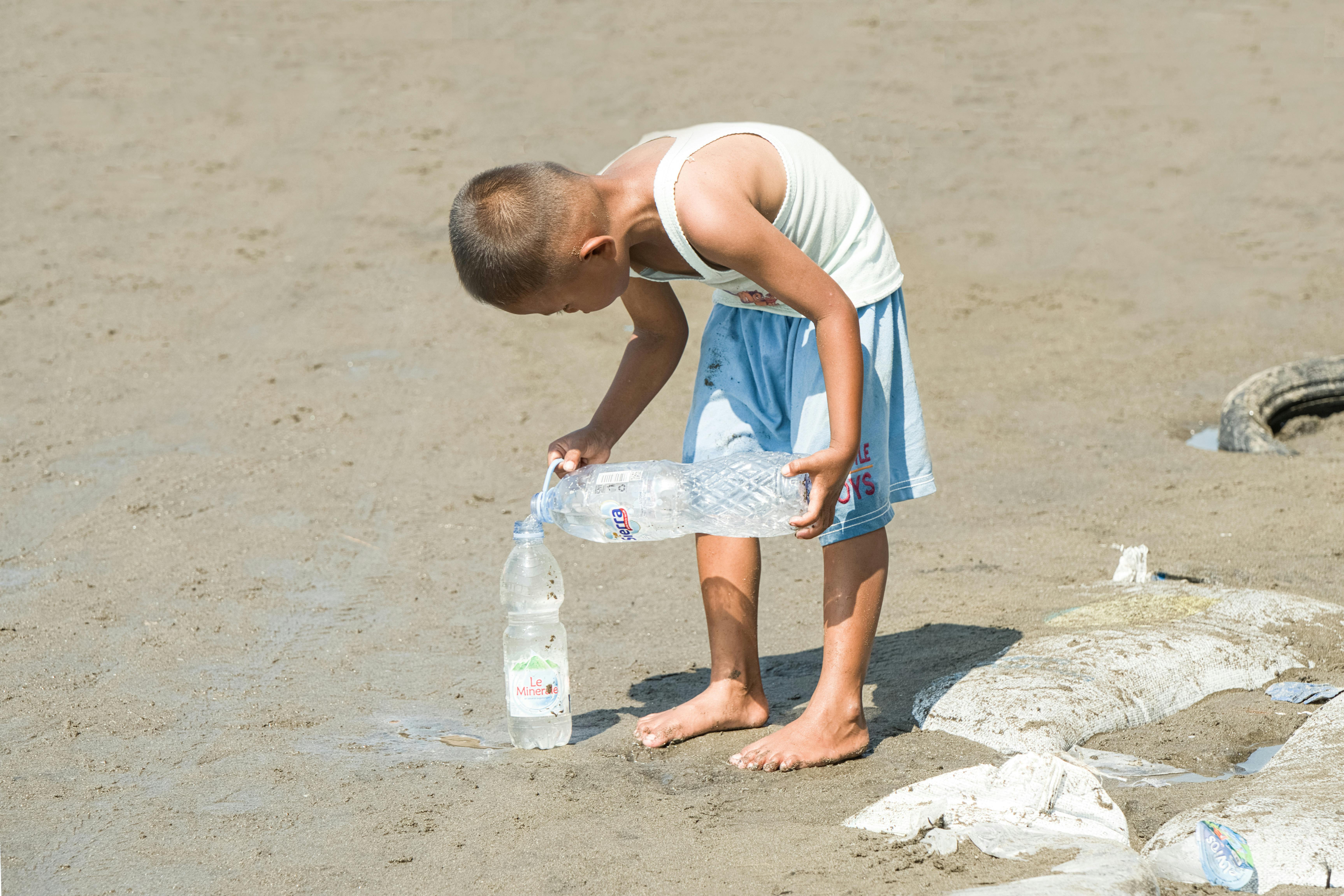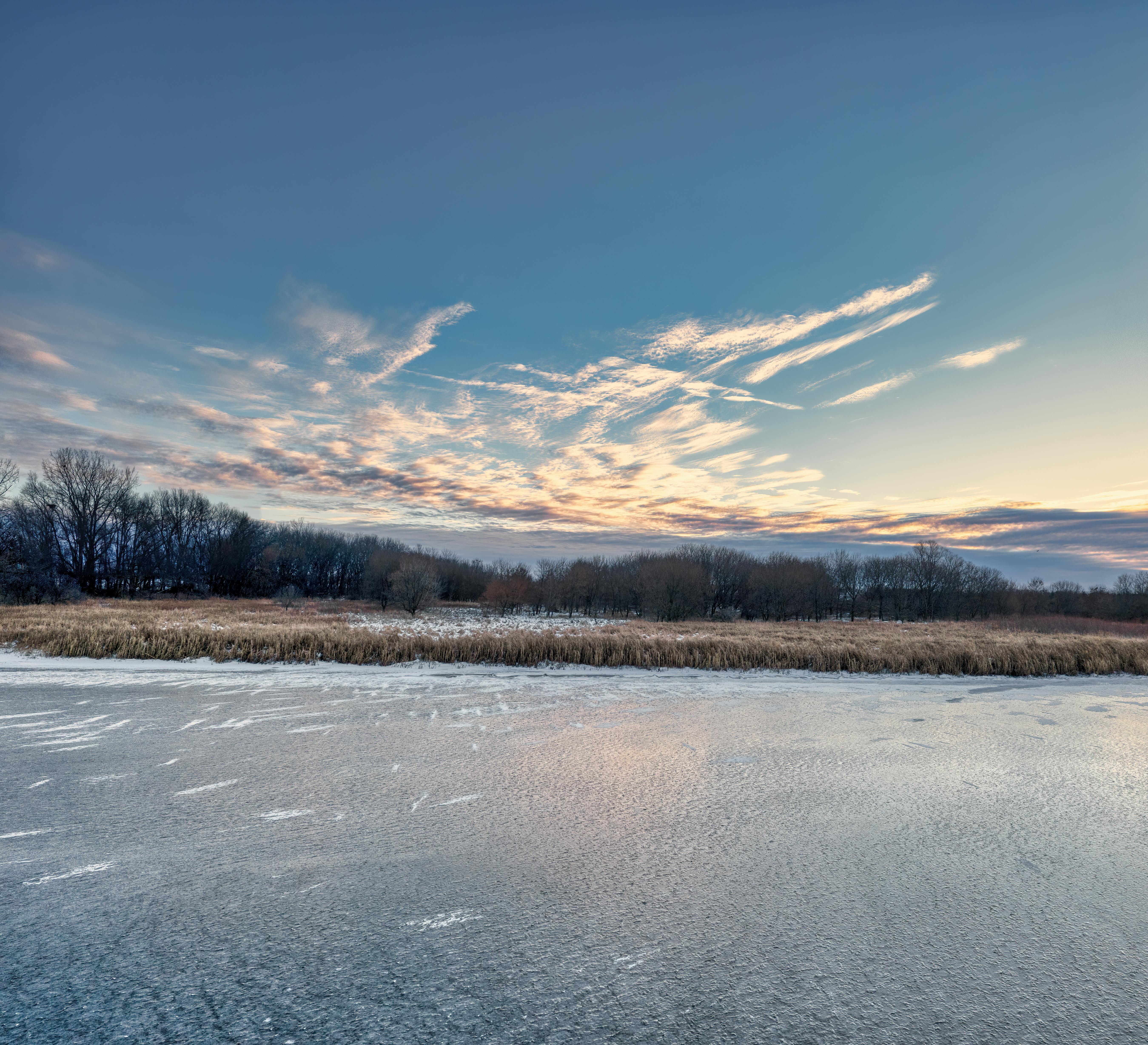Rainwater is a natural source of water that falls from the sky, usually as part of a rainstorm. Although it is not technically distilled water, it can be used for many of the same purposes. Rainwater can be collected and stored for use in a variety of ways, including drinking, gardening, and other household uses. In many places around the world, rainwater is a valuable resource for providing clean drinking water to people who do not have access to other sources. The purity of rainwater depends on a number of factors, such as the composition of the atmosphere where it falls and how it is stored.No, rainwater is not the same as distilled water. Distilled water is water that has been boiled and evaporated to remove impurities like minerals and salts. Rainwater, on the other hand, is simply water that has been collected from precipitation such as rain, hail or snow. While rainwater may be relatively pure, it still contains some impurities and substances that are not found in distilled water.
What is Distilled Water?
Distilled water is water that has been purified through a process of distillation. In this process, contaminated water is boiled, and the resulting steam is collected and cooled to form pure distilled water. This type of water does not contain any minerals or other impurities, making it ideal for drinking or for industrial applications where purity is a must. It can also be used in medical treatments, as its lack of impurities makes it better for consumption than regular tap water.
Distillation can also be used to purify other liquids, such as alcohol and oil. In fact, distilled spirits are made from distilled alcohol. Distillation has been used for centuries to produce pure drinking water and other products, and it continues to be an important method of purification today.
Benefits of Drinking Distilled Water
Drinking distilled water has numerous health benefits, as it is free from most of the contaminants found in tap or spring water. It can help to improve overall health, as well as provide a number of specific benefits.
Distilled water is free from bacteria, heavy metals, and other impurities that can be found in tap and spring water. This means that it is less likely to contain toxins or other contaminants that could be harmful for consumption. It also has a neutral pH level which makes it easier for the body to absorb and use for hydration.
In addition to being free from contaminants, distilled water also helps to improve digestive health. This is because it does not contain any minerals or other particles that could cause indigestion or upset stomachs. It helps to flush out toxins from the body more easily, which can lead to improved overall health.
Another benefit of drinking distilled water is that it can help to reduce joint pain and inflammation. This is because distilled water does not contain any minerals which can accumulate in the body and cause inflammation in the joints and muscles over time. By drinking distilled water regularly, you can help reduce the amount of inflammation in your body, leading to less pain and discomfort overall.
Finally, drinking distilled water can also help with weight loss. Since it does not contain any calories or added sugars, you won’t have to worry about consuming extra calories when you drink it. Additionally, since it helps flush out toxins from the body more effectively than regular tap or spring water, your metabolism will be able to work more efficiently leading to improved weight loss results over time.
Does Rainwater Contain Chemicals and Contaminants?
Rainwater is a naturally occurring resource that is typically considered to be clean and safe to drink. However, rainwater can become contaminated with chemicals and other pollutants as it moves through the atmosphere and collects on surfaces before reaching the ground. These contaminants can include a variety of substances, such as pesticides, industrial pollutants, and heavy metals. Rainwater can also pick up bacteria from animal droppings or decaying vegetation, which can make it unsafe for drinking.
In addition to the contaminants that are present in the air, rainwater can also be affected by the materials it comes into contact with as it falls to the ground. For instance, rainwater that falls onto asphalt or other impervious surfaces can pick up oil or grease from car exhausts and other sources. Rainwater that falls onto soil or vegetation may contain nitrates from fertilizers or herbicides used on crops.
The presence of contaminants in rainwater will depend on a number of factors, including location and local environmental conditions. In some areas, there may be very little contamination present in the water; however, in other places where there is higher air pollution or agricultural activity, there may be more significant levels of pollutants present. It is important to test any rainwater before using it for drinking or other purposes to ensure that it is safe.
How Can Rainwater be Purified?
Rainwater is a valuable resource that can be used for drinking, washing, and other purposes. However, before it can be used it must be purified to make sure it is safe. The most common way to purify rainwater is through filtration. Filtration systems rely on a series of filters to remove impurities from the water, such as bacteria and other contaminants. These filters come in a variety of sizes and types, and can be used to remove particles as small as viruses.
In addition to filtration, rainwater can also be purified through the use of chemicals such as chlorine or iodine. These chemicals are added to the water in order to kill any harmful bacteria or viruses present in the water. While these chemicals are effective at purifying water, they can also have an unpleasant taste or smell if not properly monitored and maintained.
Finally, ultraviolet (UV) light can also be used to purify rainwater. UV light destroys any microorganisms present in the water, making it safe for consumption without any additional chemicals or filters. However, UV light systems are expensive and require careful maintenance in order for them to work properly.
Overall, there are several ways that rainwater can be purified so that it is safe for use. Filtration systems are the most common method of purification but chemicals and UV light systems can also be effective when used properly. It is important to research all options carefully before deciding which method will work best for your needs.

Does Rainwater Meet the Standards for Drinking Water?
Rainwater is naturally free from many of the pollutants found in other sources of water, such as rivers and lakes. For this reason, some people believe that it is safe to drink. However, there are many factors that must be taken into account when determining if rainwater can meet the standards for drinking water.
One factor to consider is whether the rainwater has been contaminated by pollutants in the air. Pollutants such as smoke and exhaust from cars and factories can be carried by the wind and settle on surfaces like rooftops and gutters, where it can be collected in rain barrels or other receptacles. This contamination can make rainwater unsafe to drink without proper treatment.
Another factor to consider is whether the area where the rainwater was collected has a high concentration of bacteria or other microorganisms that could make it unsafe for consumption. Areas with high levels of agricultural or industrial activity tend to have higher levels of pollution and are more likely to have higher levels of bacteria or viruses in their water supply.
The last factor to consider is whether or not any chemicals or toxins may have been added directly to the rainwater while it was being collected or stored. If pesticides, fertilizer, or other chemicals have been used near where the water was collected, then these chemicals may have contaminated the water as well.
Overall, if all of these factors are taken into consideration, it is possible for rainwater to meet drinking water standards depending on where it was collected and how it was stored. If you are considering using rainwater for drinking purposes, it is important to check with local authorities first to ensure that it meets all necessary requirements for safe consumption.
Is Rainwater Considered to be Safe to Drink?
Rainwater can be a great source of natural, clean water. However, it is not usually safe to drink as it may contain bacteria, pollutants and other contaminants. Rainwater can be contaminated by many sources including air pollution, industrial waste and agricultural run-off. It is also important to note that rainwater collected from non-potable sources such as roofing or catchment systems can be contaminated with heavy metals or other pollutants.
In order to make rainwater safe for drinking, it must first be treated and filtered so that any contaminants are removed from the water. This process can be done through various methods such as boiling, filtration or chemical disinfection. It is also possible to purchase a special rainwater filter that will remove impurities from the water before it is consumed.
When considering whether or not rainwater is safe to drink, it is important to remember that there is no one definitive answer. It depends on the source of the water and how it has been treated before consumption. Ultimately, if you are concerned about your health when drinking rainwater, it is best to seek advice from a qualified professional before consuming any untreated water.
What Are the Risks of Drinking Unfiltered Rainwater?
Drinking unfiltered rainwater can be risky as it may contain pollutants and contaminants that can be harmful to your health. Rainwater is collected from the atmosphere, so it can contain anything from bacteria and viruses to heavy metals and other toxins. If you drink rainwater that has not been treated or filtered, you may be exposing yourself to a variety of health risks.
Some of the most common pollutants found in rainwater include sediment, nitrates, pesticides, lead, mercury, and volatile organic compounds. These contaminants can cause a range of health problems including gastrointestinal distress, skin irritations, respiratory issues, and even cancer. Ingesting large amounts of these contaminants can also lead to organ damage over time.
In addition to these chemical pollutants, rainwater may also contain bacteria and viruses that can make you sick. Bacteria such as E. coli and salmonella are commonly found in water sources that have not been treated or filtered properly. Viruses such as hepatitis A can also be present in rainwater if it comes into contact with contaminated surfaces or animal feces. Consuming contaminated rainwater can cause vomiting, diarrhea, fever, nausea, and other symptoms depending on the organism present in the water.
It is important to note that drinking unfiltered rainwater is not recommended for anyone as it could pose a significant health risk depending on the level of contamination present in the water source. If you are considering drinking rainwater for any reason it is best to filter it first or make sure it has been treated in some way to reduce the risk of exposure to dangerous contaminants and pathogens.

Conclusion
Rainwater is not necessarily the same as distilled water. While it is true that in some cases rainwater can be considered ‘distilled’, it is important to remember that this only applies to rainwater that has not come into contact with other sources of water, such as rivers, lakes and even the air. Rainwater can also contain impurities, such as dust particles, which are not present in distilled water. In short, rainwater and distilled water are different and should not be confused with one another.
Ultimately, when deciding between using rainwater or distilled water for a certain purpose it is important to consider all factors involved. Depending on the situation, one may be more suitable than the other and it is up to the individual to choose which option works best for their own needs.

